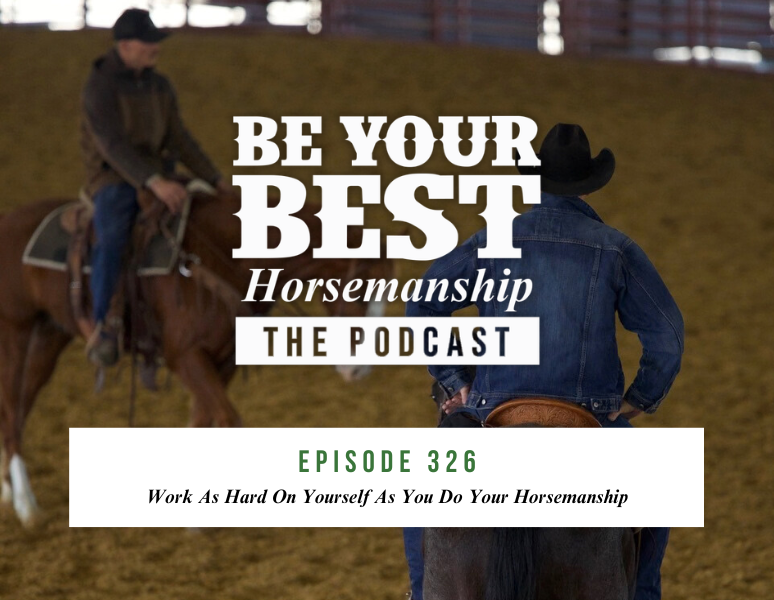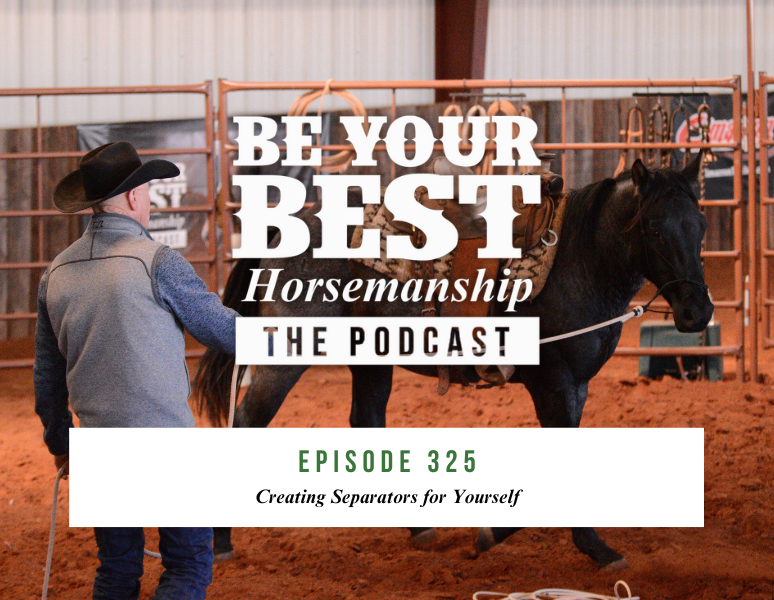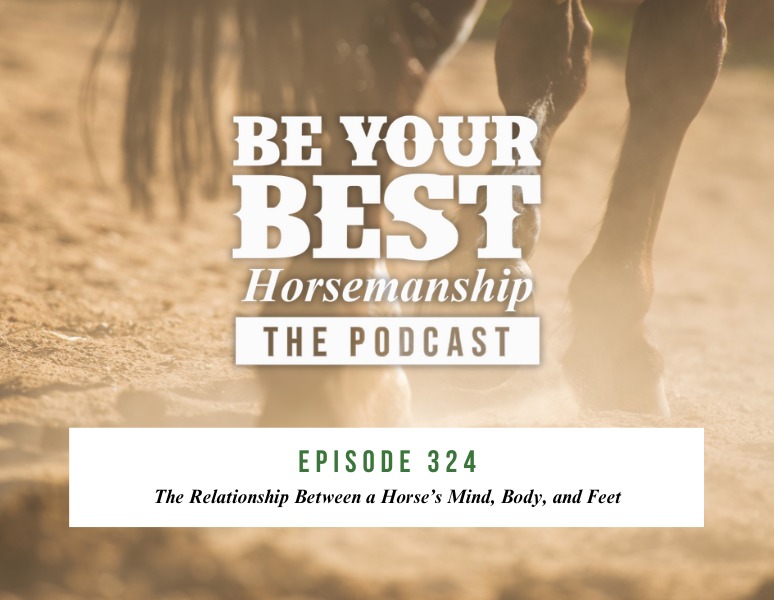Ep 261: Taking Control of Your Thoughts
In this episode, I am addressing two questions from our listeners about what to do when you feel unprepared or disadvantaged in certain situations. Join me as I share some advice and tips on taking control of your thought processes when self-doubt creeps in.
First, I want to dive into a question from Kendal Fletcher. Kendal asked how to stay confident in your preparation when you know others might be more prepared. Right now, she’s roping against girls who have access to live calves every day, while she’s only able to rope the dummy due to limited resources. It’s a great question and a situation that I think a lot of people can relate to – I know I sure can.
Growing up, I didn’t have my own arena. I was probably 27 or 28 before I finally had one here in Weatherford. Until then, it was all about finding places to practice wherever I could. I’d trade work to get access to an arena. Sometimes I’d get there and not rope well, or sometimes they’d just be tired of me showing up (though they didn’t say it!). But I kept showing up, and I improved over time.
Kendal, you’re already doing the best with what you have, and that’s huge. When you’ve got a passion for something, you’ll find a way, and it’s clear you have that passion or you wouldn’t be putting in this time. You’re practicing on the dummy, and that’s going to help keep your fundamentals sharp. Rope positioning, swing, delivery – all those elements can be refined without live cattle.
If you’re limited by resources, consider this: you can still set up a great foundation without all the fancy setups. Mentally rehearsing runs and visualizing success can be incredibly powerful. Studies have shown that visual rehearsal engages the mind and body almost like a real run. Break down the elements of a great run, and focus on the ones you can work on right now. And if you have access to even a small space to practice, focus on position, body mechanics, and refining your horsemanship skills – all things that’ll pay off in the long run.
It’s easy to look at someone else’s setup and think they have it better. But you know what? Many people with those setups don’t have the passion and work ethic to match. Once you’re in a position where you can rope calves regularly, you’ll appreciate every bit of it, and that’ll make you a better competitor.
Next, I want to address a question from Shake Douglas about staying mentally tough when things aren’t going your way. It’s a question I’ve been thinking about myself, especially since I’ve been in a bit of a rut with my heeling lately. Healing isn’t my main event – I’m a header by trade – but I’m working on it. There have been days where I’ve just struggled, and it’s frustrating because I know I can do better.
Here’s what I’ve learned: you’ve got to simplify and stay in the moment. Focus on the basics – position, swing, delivery. Don’t overthink it. Sometimes we get so focused on the end result that we forget to enjoy the process and lose sight of the fact that we *get* to do this. It’s easy to let your mind trick you into thinking you're at a disadvantage, but you’re the only one who can control that. As the saying goes, you can’t always control the first thought that comes into your head, but you can control the second.
One last thing – visual rehearsal is essential for keeping your mind sharp and focused. Before and after each run, visualize a perfect run. By imprinting those successful runs in your mind, you’ll start to set a new expectation for yourself, mentally rehearsing what you want to see. Whether the actual run goes perfectly or not, you’re programming yourself for success.
I appreciate Kendal and Shake for these questions. They’re situations we all find ourselves in at some point, and no matter how long you’ve been doing this, you’re going to face challenges, mentally and physically. That’s why I focus on small, daily progress. Just do something every day to improve, and let that momentum carry you forward. If there’s one thing I know, it’s that the challenge doesn’t go away, and that’s a good thing because it’s what keeps us sharp and engaged.
Keep working hard, keep believing in the process, and most importantly, keep believing in yourself.




